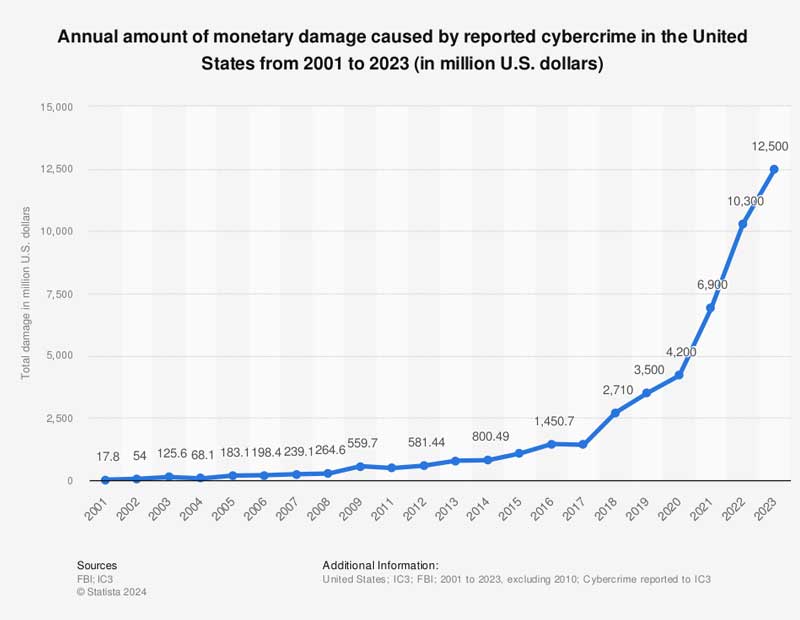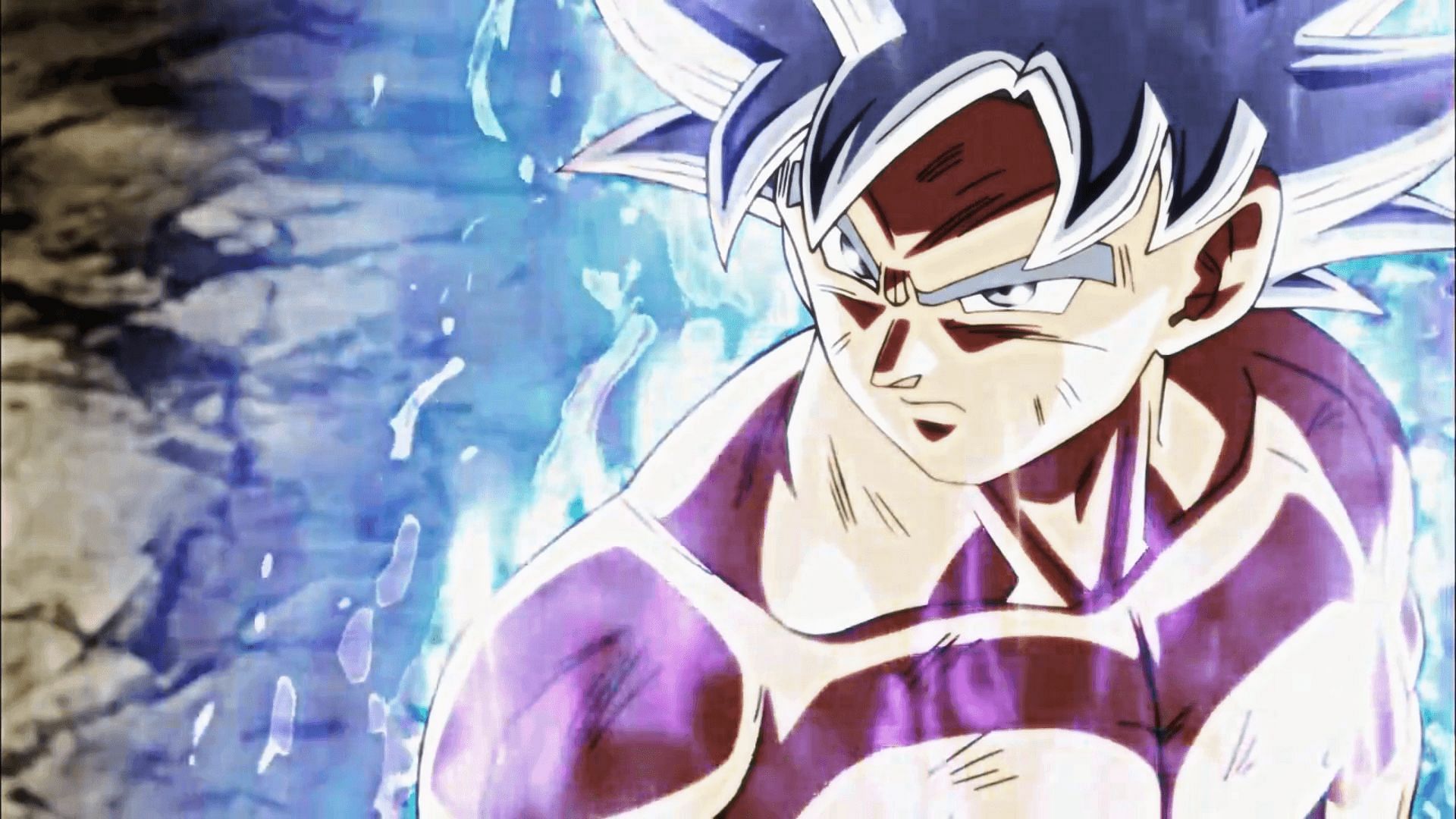“The Climate Book” is cleverly labeled “Created by Greta Thunberg.”
The Swedish climate celebrity doesn’t take authorship or editorial credit because the book is a collection of the ramblings of predominantly hard-left political activists.
If this book were released by people aligned with the right, it would have been disregarded as an assortment of conspiracy theories. It covers every woke talking point, from climate refugees to equity.
Let’s focus on Olufemi Taiwo’s chapter on Climate Reparations, which is entirely separate from Jacqueline Patterson’s essay on Environmental Racism.
Taiwo opens, “The climate crisis is the culmination of centuries of racial injustice.”
The premise is clearly flawed from the get-go. If there is a climate crisis, it is a global issue and one primarily being led by China.
China emits double the CO2 emissions of the United States, the current global superpower. Combine the emissions most of Europe emits, and the number still wouldn’t exceed China’s contribution to pollution.

So if Taiwo is attempting to claim the climate crisis is one of racial injustice, surely it is the Chinese race he is taking issue with. It seems quite a racist idea to begin with.
The Georgetown professor goes on to claim racial injustices are to blame for and built into “the very structure of our energy system, our economic networks and our political institutions,” which leads me to the conclusion this argument is nonsense. For if everything is racist, nothing is racist.
In conflating the so-called climate crisis with so-called racial injustice, Taiwo uses half-truths to paint a picture of mass orchestrated oppression.
Where he is honest is in stating that the task of solving these would mean “remaking the world.” This is Marxism 101.
Rather than using the critical-race theory terminology of “privileges,” Taiwo talks of the “resulting distribution of advantages and disadvantages.” He describes “wealth and poverty, finished products and pollution, medical knowledge and ignorance” as being distributed into “advantage pools” by design, “centuries of human efforts and decision-making. Deliberate attempts to create an unjust social structure.”
What he’s talking about is the oft-debunked theory of systemic racism.
Not only does Taiwo work on the assumption that there is a climate crisis, for which he offers no evidence, he doesn’t provide any critical analysis to back up his claim racial injustices are the root cause of said crisis.

The loony suggestion that “today’s world came by way of the global racial empire” is highly historically inaccurate. By “today’s world,” does he mean Western civilization or the entire world? Which empire does he refer to as “global racial”? The Holy Roman Empire, the Chinese dynasties?
He describes the British Empire as a “network of colonies and slave labour” that led to the Industrial Revolution. This is an entirely erroneous account, it being the only empire in human history to not only end slavery within its borders but spend countless amounts of capital and lives ending slavery on a global scale.
Of course, there is no mention of that — “balance” does not appear to be a word in Taiwo’s vocabulary. There is no attempt to take a holistic approach to history, only cherry-picking elements and painting them as entirely negative.
The Industrial Revolution is a prime example, bringing social mobility to the working classes by introducing new forms of production, labor and distribution.
It improved the living standards of millions of people around the world, enhanced economic growth and prosperity and made genuine progress for the human race.
By Taiwo’s description, one would think it was a regressive regiment of oppression and misery, with the “Global North” reaping all the advantages whilst “Black and Indigenous peoples” of the “Global South” saw nothing but disadvantage in “poverty and pollution.”

If Taiwo’s revisionist and selective approach to history leaves a lot to be desired, his proposed solutions are even worse.
Talk of an “energy democracy” sounds more like communism to the informed reader.
He quotes the Black Panthers and calls for a “Black radical agitation” approach to reparations, “giving cold, hard cash” to people “deprived by the aqueducts of history,” which leads to the obvious question: Who pays whom?!
Greta Thunberg has become a cult icon in the climate conversation. But as I found out in person when I spent 20 minutes talking to her in Davos, she has very little to contribute.
One can only assume “expert” friends tend to provide talking points, if not a script, for her speaking engagements.
Greta’s book is a testament to this: She has very little to say because she has no expertise in the area. This collection of propaganda pieces from activists is the best she has to offer.
It’s troubling because so many young people around the world look to Greta for direction, but it seems she’s just as lost as the rest.
Instead of fearmongering about an imaginary man-made crisis and advocating for the skipping of school, Greta would do well to remind young people of the importance of education.
If there is a climate crisis in the future, we’ll need intellectuals, scientists and experts to provide solutions, not extremist activist teenagers.
The Rev. Calvin Robinson is an Anglican Deacon in the Free Church of England (REC, GAFCON) and TV/radio presenter on GB News.















